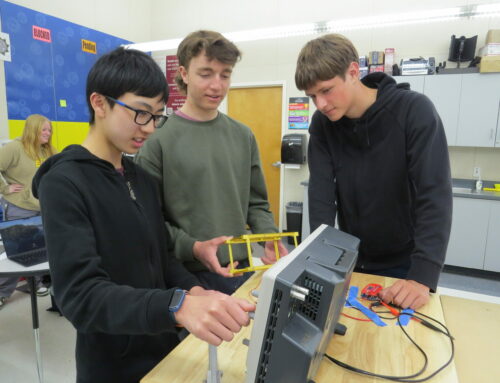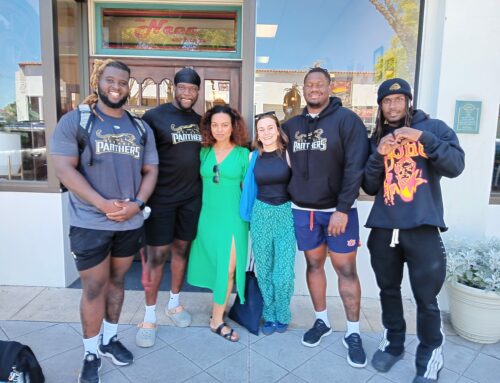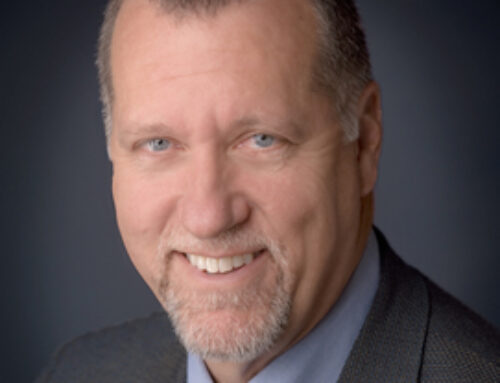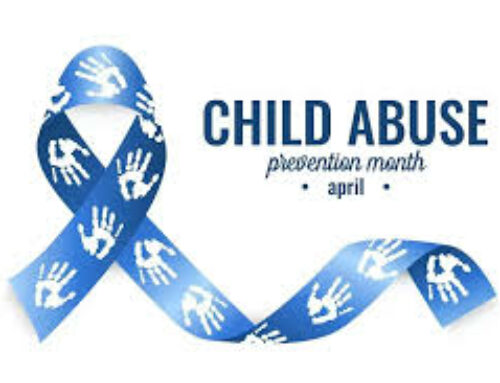Published in the January 6 – 19, 2016 issue of Morgan Hill Life
By Dr. Jeanne Haggerty-Arcay
Many people finish the holiday season with a new addition to their family. Christmas puppies come with tremendous joy, but also require a lot of time and commitment in order to keep them happy and healthy. Here are a few tips to keep in mind with the new one:
Health exam: Make sure to schedule a general health exam with your veterinarian after adopting your new puppy. You want to make sure that you are aware of any health problems that already exist. Your veterinarian can also review the breeder’s records and make vaccination recommendations.
Crate training: Crate training is a great way to help your puppy become acclimated to his new environment, aid in potty training and keep him out of trouble.
The crate is used at night and anytime the puppy has to be left unsupervised. This will help prevent active puppy mouths from chewing on the wrong thing. It is also a fantastic aid to potty training. The puppy goes straight from the crate in the morning to go potty. If he goes, he gets to stay out of the crate. If he does not go, he goes back in the crate and gets to try again a little later.
For many dogs the crate becomes a safe haven, where they will go to rest and during times of excessive environmental stimulation. Be sure to get a crate large enough to accommodate your puppy’s anticipated adult size or plan on buying several different sized crates as he grows.
Feeding: Your puppy should be fed a commercial puppy food, which will be nutritionally balanced for growth. Large breed puppies should be on a food specially formulated for large breed puppies to help prevent developmental joint and bone problems.
Exercise: Most of your puppy’s exercise at a young age should come from play. Interact with him, get to know each other and tire him out all at the same time. Heavy exercise should be avoided during the early months until the long bones have done most of their growth.
Training: Start your puppy training as soon as your puppy has received all of his vaccinations. Even prior to puppy class, you can start teaching your puppy his name, come, sit and stay while at home.
Puppy class is a great way to not only teach your dog, but also teach you how to teach your dog. It also gives puppies a chance to socialize and learn how to interact with other dogs in a safe environment.
Avoid dog parks and public parks until your puppy has been fully vaccinated, responds to oral commands from you and has had some socialization with other known dogs in a controlled setting. You never known what kind of dogs you may come across in public venues and a young puppy may unintentionally provoke an aggressive dog while playing and get himself into trouble.
Most of all, enjoy your new puppy. The more time you spend with your puppy, the better relationship you will develop.
The things you do with your puppy during the first few weeks and months will help mold him into your future companion. Make sure that you are committing the time and effort needed to create the best possible companion for you and your family.
Dr. Jeanne Haggerty-Arcay received her undergraduate degrees in biology, biochemistry and Spanish from the College of Notre Dame, Belmont. She graduated from U.C. Davis School of Veterinary Medicine. She enjoys spending time with her husband and three young children.







